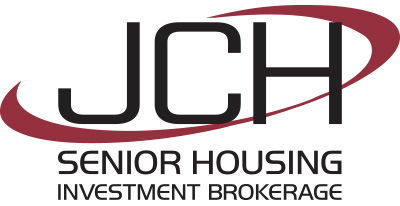Senior housing, like all real estate product types, is cyclical in nature. The last cycle ended in 2009-2010 with the start of the great recession. Five years later, a new season for senior housing begins and already the fundamentals of senior housing prove true: with an increase in the number of seniors needing care, demands for senior housing facilities remain strong.
More Equity Sources for Construction
Since the beginning of the recession, new construction was very scarce. Now, limited supply and increasing demand has driven up the pricing of existing senior housing assets. Existing, performing assets can be valued at the same price if not higher than the cost of new construction, particularly for assisted living facilities for sale.
Operators looking to buy healthcare properties then face the question: should I buy an existing property or build a new facility? Many have begun the search for development sites and are passing on existing care homes for sale.
With a surging urgency toward new assets, lenders have reentered the construction space with funds deploying for independent, assisted living, memory care and skilled nursing facilities.
The development of skilled nursing facilities in California has not picked up like other facility types within senior housing, which is why the choice to buy skilled nursing facilities or list a SNF for sale that are exiting is still common practice for California operators. The Office of Statewide Health Planning and Development (OSHPD) is the governing body responsible for monitoring the renovation and construction of skilled nursing facilities. California operators are met with certain barriers provided by OSHPD that delay development and make it cost prohibitive. However, skilled nursing valuations may soon reach a point where construction will start in California.
Renovate Older Buildings to Keep Up with New Competition
With more operators seeking construction loans and new assets, operators of existing facilities need to upgrade their physical plants in order to keep up with newer competition. Even if operators list assisted living properties for sale or other senior housing for sale, because their current valuations are equal to new construction costs, upgrades become imperative to a successful sale, transfer and ongoing operation.
The JCH Group is the Senior Housing Brokerage
Today, operators and developers are more tempered than in the past. Buyers take their time to educate themselves on developing information, making cautious investments and choices, which is good for the industry.
The JCH Group has facilitated some of the most notable and successful transactions in the senior housing market. Whether you are looking for assisted living homes for sale or have a general inquiry about what it takes to buy healthcare properties, our senior living brokerage combines field experience and collaborative expertise to provide you with the information and analysis you need to achieve the best deal possible.
To learn more about how The JCH Group can service you, contact us at your convenience.
